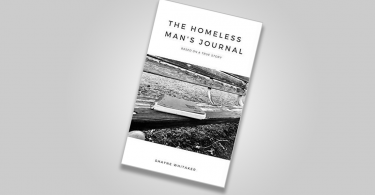According to an article in The Star Tribune people generally prefer shorter books to long reads. This got me thinking. Do I agree?
Yes and no.
When I think about the long books I’ve read, or chosen not to read, I believe some of them could have been shorter and still equally as effective.
Commitment
I haven’t yet picked up the Game of Thrones series, and I believe this is mostly due to the fact the books range between 694 and 1040 pages in length. That seems like quite a commitment when there are so many other books out there to read! Of course, I have judged the series before even trying it, and I will probably get round to reading them one day.
Opinion in Star Tribune reflects this idea that the length of a book can have a negative impact on its success and put people off before they even read the first page.
One interviewee, Kathy Jursik, believes books should be edited more tightly.
She told Star Tribune “In the world of book editing, less is better. … I hope that this trend reverses itself. In my senior years, I have learned the value of patience, but not for needlessly overlong books.”
Jursik added: “Books don’t need to be 450 to 500 pages!” she wrote. “Like you, I am a devoted reader, but I am also a fan of good editing. I have gotten to the point where I check the page count of a book that interests me, and if it is over 450 pages I dismiss it out of hand.”
Hard to get published
So if you have an overly-long manuscript you may find it pretty difficult to get published. You must think about length before sending it to publishers. Better yet, consider length before you start writing, and stick to a reasonable number of pages.
I am currently co-writing a trilogy. My co-author and I sent our manuscript for Book 1 and the publishing house which has decided to take us on said 100,000 words was a bit too long (it came to around 260 pages). We kept the length for the first book, but we are working towards around 80,000 words for books two and three.
This evidence overwhelming suggests that shorter books are the preference and the rule every author should stick to.
I don’t believe this is always the case.
As a very biased fan, I can’t help but defend the longer Harry Potter books, and this is because I feel that every part of the story, everything written, is necessary for the plot and entertaining enough to keep the reader engaged.
In reality, it is the unnecessary words or details which are the problem. A book could be 1000 pages long, but if the language, plot, and characters have the ability to hook the reader from the first until the last page, then no-one can argue that it is too long.
If, however, an author has tried to make the engorged length of their book its main feature, they are unlikely to do well. The book should fit around the words, not the other way around.
It comes down to attention span and the digital age. People are reading less and less. With the increase of video content in place of words and voice recording to replace the need to type, reading is ever so slightly less frequent in our lives.
If an internet browser struggles to stay on a web page long enough to read the first paragraph of an article, persuading them to buy and read a long book is likely to be a challenge. Now more than ever.








